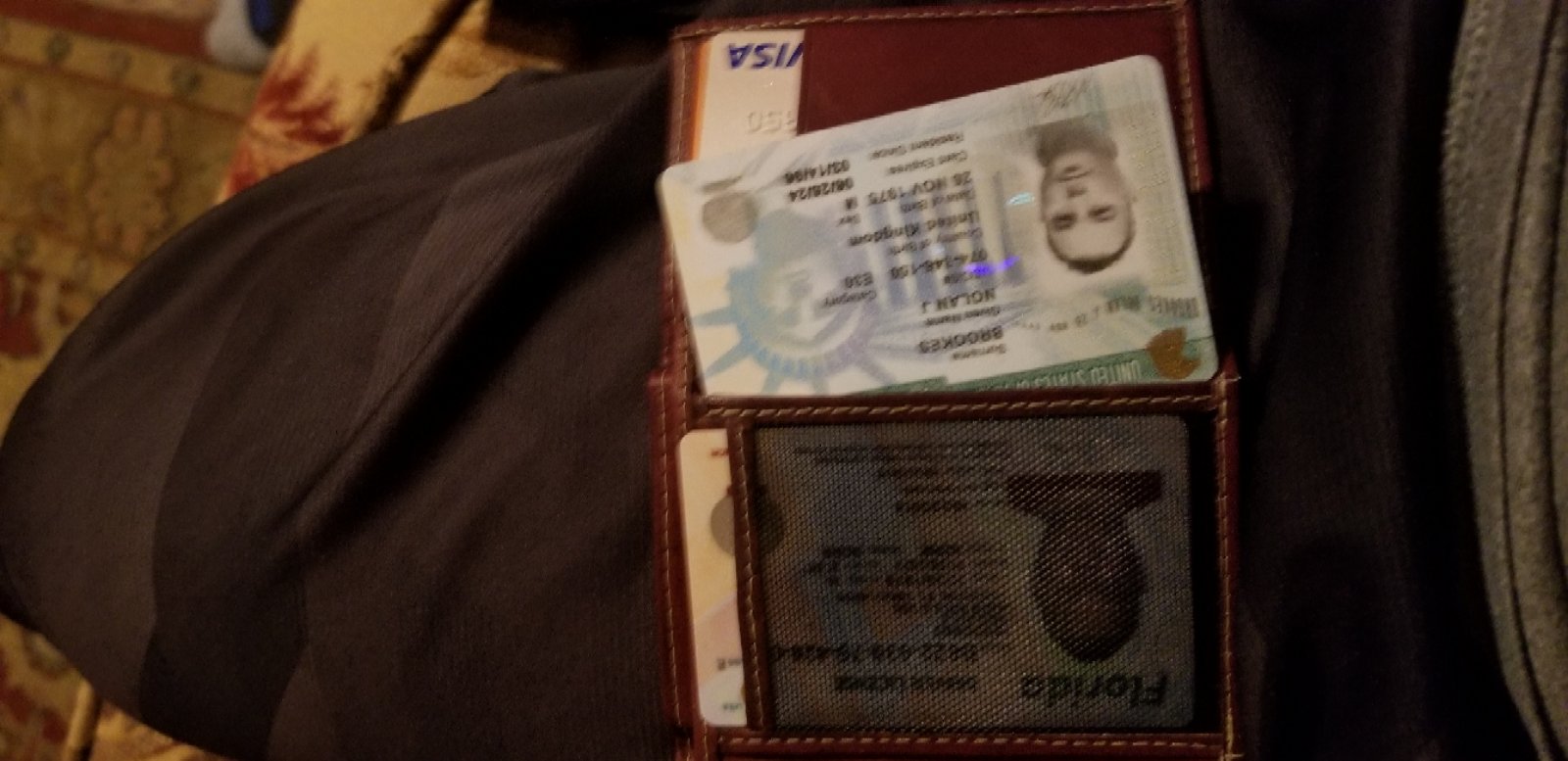Even though the Justice Department acted first
in December in blocking a South Carolina voter-ID law, election law experts
seem to agree that the Texas case is going to be the tip of the spear. Here's how the Justice Department responded when it reviewed Texas' new voter-ID law. Federal lawyers wrote:
[W]e conclude that the total number of registered voters who lack a driver's license or personal identification card issued by DPS could range from 603,892 to 795,955. The disparity between the percentages of Hispanics and non-Hispanics who lack these forms of identification ranges from 46.5 to 120.0 percent. That is, according to the state's own data, a Hispanic registered voter is at least 46.5 percent, and potentially 120.0 percent, more likely than a non-Hispanic registered voter to lack this identification. Even using the data most favorable to the state, Hispanics disproportionately lack either a driver's license or a personal identification card issued by DPS, and that disparity is statistically significant.
There's more. As Brentin Mock
wrote earlier this week at
Colorlines, the practical reality of life in Texas makes it difficult, if not impossible, for people who want to comply with the new ID law to do so. Mock wrote:
Texas has no driver's license offices in almost a third of the state's counties. Meanwhile, close to 15 percent of Hispanic Texans living in counties without driver's license offices don't have ID. A little less than a quarter of driver's license offices have extended hours, which would make it tough for many working voters to find a place and time to acquire the IDs. Despite this, the Texas legislature struck an amendment that would have reimbursed low-income voters for travel expenses when going to apply for a voter ID, and killed another that would have required offices to remain open until 7:00 p.m. or later on just one weekday, and four or more hours at least two weekends.


 Damn I forgot the White text.
Damn I forgot the White text.